Ministers are being warned that the van and truck sector needs urgent support now if it is to meet Government targets to phase out diesel vehicles.
Releasing a new net zero report based on a road transport sector-wide survey of UK HGV, coach and van operators, the Road Haulage Association (RHA) lays bare the barriers and challenges faced by fleets in decarbonising their operations.
The Department for Transport (DfT) recently confirmed that the sale of new diesel vans will end in 2035, while the phase out date for heavy goods vehicles (HGVs) is still being debated.
The previous Government introduced a phase out date for diesel trucks, aiming to eliminate those weighing 26 tonnes or less by 2035 and all heavier trucks by 2040.
In March, prior to making the announcement on vans, the DfT stopped short of confirming that the deadlines would be changed for HGVs, but told Fleet News it is considering what regulations are appropriate and would “engage the sector on any future regulatory approach in due course”.
The RHA report – The future of fleets: Informing the net zero transition – reveals that two-fifths of van operators surveyed either already have electric vehicles (EVs) or plan to within the next five years.
However, more than two-thirds (70%) of HGV operators and three-quarters (75%) of coach operators have no plans to introduce EVs.
From a list which did not include regulations around heavier 4.25 tonne electric vans, almost half (47%) of van operators ranked “insufficient mileage” as their top barrier, while more than a third (35%) rated “cost” as theirs.
Payload loss issues ranked lower (9% of van operators) along with lack of depot charging infrastructure (13%), though notably these issues were of a higher importance when van operator second choice rankings are also taken into consideration (30% and 40% respectively).
Conversely, similar to HGV and coach operators, 80% of van operators did not regard “skills” being a significant barrier to electric vans adoption at this point in time.
The biggest barriers stopping HGV operators from going electric are limited range (45%) and high vehicle purchase costs (38%), according to the RHA's survey.
Concerns raised by businesses, including the current cost, suitability, availability and performance of zero emission vehicles (ZEVs) must be overcome, it says.
Richard Smith, managing director of the trade body, explained: “Our sector is the lifeblood of the UK economy, yet zero emission vehicle affordability, availability and performance remain major barriers to decarbonisation.
“Our message is clear: without decisive action now from Government to support businesses, questions will be asked about whether the 2035 and 2040 diesel phase-out deadlines are achievable.”
He added: “The RHA is committed to finding solutions and making the road to net zero achievable and affordable to the sector we represent. Our findings will guide future discussions with ministers.”
RHA is calling for an urgent Government action plan that includes: providing financing options for businesses; support for low and no carbon fuel alternatives such as hydrotreated vegetable oil (HVO); speed up planning and grid connections; and provide more charging and refuelling sites for HGVs, coaches and vans.



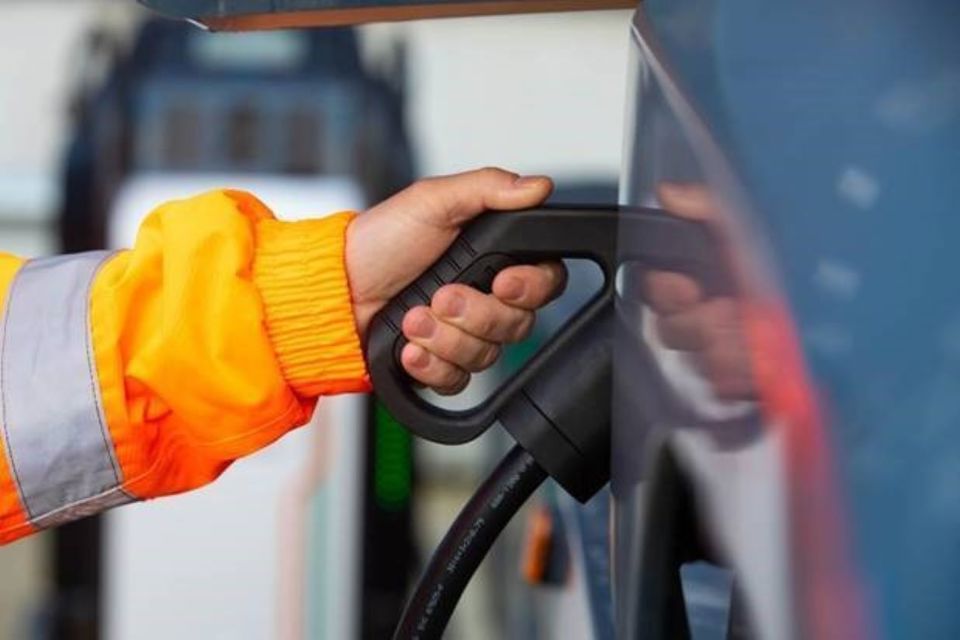




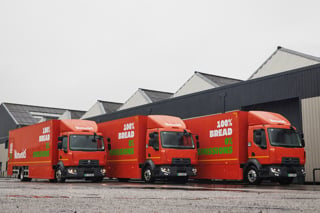
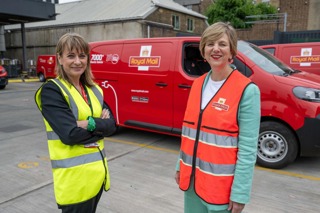
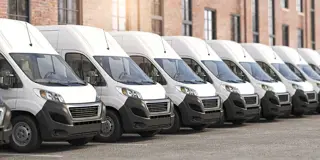




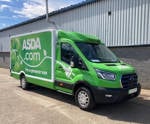


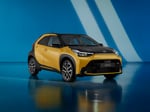
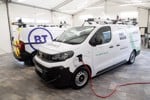




Login to comment
Comments
No comments have been made yet.